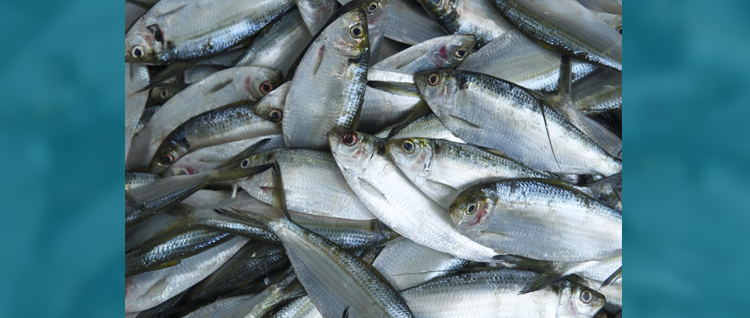Research at UWE Bristol has been instrumental in major initiatives to tackle overfishing. These initiatives have been effective both in the UK’s own coastal waters and elsewhere, and include the establishment of the world’s largest marine reserve.
The initiatives have culminated in a recent High Court finding confirming that, contrary to private ownership claims from some stakeholders, UK fisheries are still publicly owned.
Time and tide
A film about Marine Conservation in the Clyde.
Isle of Arran
Back in 2008, the Community of Arran Seabed Trust (COAST), formed to help protect marine life against overfishing near the Isle of Arran, had drawn upon the findings of UWE Bristol research led by Tom Appleby, Senior Lecturer in Law. This had shown that the Scottish Government had a greater duty to coastal communities in managing fishing rights than was typically practised at the time.
Relying on this legal argument, COAST was successful in establishing a marine reserve in the island’s Lamlash Bay to strike a balance between fishing and conservation. This was Scotland’s first fully protected marine reserve.
Chagos Islands
As a result of the attention this drew to the arguments in the UWE Bristol research, Appleby was invited to meet with a variety of stakeholders who had identified the need for marine reserves elsewhere.
He brought his research expertise and distinctive experience on the current status of marine legislation in the UK, where the complex statutory processes presented substantial challenges. He argued that the establishment of marine reserves in overseas territories, on the other hand, would be much more straightforward.
Following Appleby’s presentation of these arguments, attenders at the meeting identified a new opportunity to establish marine reserves. They formed a new marine conservation agency, the Blue Marine Foundation (BLUE), to take this forward, and Appleby became one of its trustees. In 2010, supported by a multimillion-pound grant from the Bertarelli Foundation, it successfully negotiated the huge Chagos Islands marine reserve in the British Indian Ocean Territories.
Based on UWE Bristol research, BLUE argued that the Foreign and Commonwealth Office, as owner of the fishery, could create a reserve in a UK overseas territory much more easily than in domestic waters. BLUE’s chair described it, at nearly 640,000 km2, as “the world’s largest marine reserve” and “one of the most important acts of marine conservation ever undertaken”.
Fisheries in EU waters
The EU Habitats Directive protects wildlife and their habitats in a network of so-called ‘Natura 2000’ sites within member states, including the UK, who each regulate activities within their own sites. However, they have not typically regulated fishing. The sites cover 17% of EU waters and 23% of English inshore waters.
Using UWE Bristol research, the Marine Conservation Society, acting together with environmental lawyers, challenged the UK government’s approach: in 2012 the Government department Defra accepted that fisheries are indeed subject to the Directive.
It is likely that other EU member states will now follow suit. This will mean that these sites will for the first time be actively protected against harmful fishing operations. One leading commentator has described this as “the single most effective activity the Marine Conservation Society has ever undertaken in its entire history”.
UK quotas for smaller fishermen
Appleby’s research found that UK fishing quotas were in danger of being accidentally privatised because of a weak understanding of the law of property that applied to them. This would have disadvantaged smaller, more sustainable fishermen.
A body that represents them (the New Under Ten Metre Fishermen’s Association, NUFTA), together with environmental pressure group Greenpeace, used this research to lobby the UK Government to reallocate unused quota to the inshore sector (fishermen that work within 6 nautical miles from the coast). As a result, in 2012 Defra decided to do so.
However, this decision was challenged in a judicial review initiated by representatives of companies that currently held large quotas, who argued that these had become their property and so could not be redistributed. Greenpeace and NUFTA used the UWE Bristol research in legal proceedings in support of Defra’s decision, showing that the UK fishery was still public property.
In July 2013, the High Court found in favour of this view. Greenpeace has confirmed “We relied heavily on work conducted by UWE and Tom Appleby” in achieving this important legal ruling, which has safeguarded the public ownership of an asset valued at around £1 billion.




